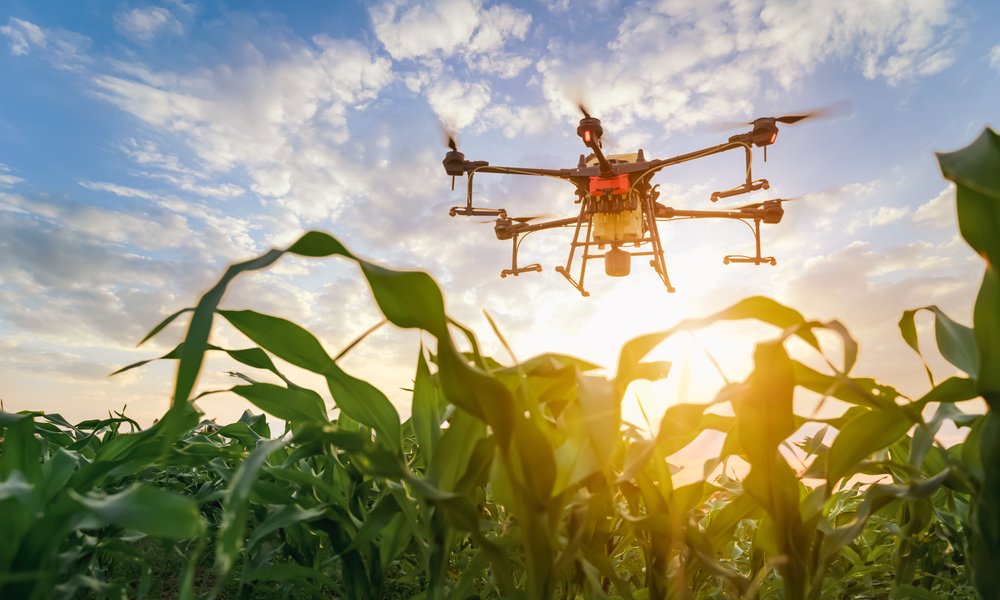Commercial Context
Farming, a traditionally resource-intensive industry, stands to benefit immensely from automation. By leveraging technology, farmers can reduce labour costs, enhance efficiency, and promote sustainability. For Communications Service Providers (CSPs), smart farming solutions present a lucrative opportunity to expand revenue streams through advanced connectivity and Internet of Things (IoT) solutions, utilising B2B2X commercial models. To deliver a seamless experience across the agricultural value chain, CSPs need to integrate 5G private networks, network slicing, and edge computing with industry-specific solutions and expertise. As Jesús GarcÃa Flórez Robla, B2B BSS Architect at Telefónica, highlights, "The transition from conventional to smart farming depends on integrating automated technologies, encompassing sensors, robotics like harvesting robots and automated tractors, drones, computer vision software, alongside robust connectivity infrastructure and edge or cloud capacity."
The Solution
The AI-powered sustainable smart farming Catalyst, developed by the TM Forum, showcases how CSPs can leverage AI to address the challenges inherent to smart agriculture. By harnessing data analytics and generative AI (genAI), CSPs can create tailor-made solutions while optimising network and cloud resources, radio spectrum, and agricultural processes in real-time through a smart farming as a service (SFaaS) solution. TM Forum APIs integrate CSP BSS systems, including CPQ, charging, PRM, COM & SOM, with third-party agricultural IoT solutions. The Catalyst features a set of specialised AI agents trained in sustainable agriculture practices to interpret responses from these APIs. Equipped with genAI algorithms, the solution makes real-time, automated decisions, implementing proactive, preventative, and prescriptive actions to optimise services at various stages of the crop lifecycle. A dynamic lifecycle adaptation (DLA) technique ensures the solution supports different crops, field sizes, and all stages within the farming lifecycle. These decisions are implemented via IoT solutions using TM Forum APIs, enabling farms to optimise processes and resources, including energy, water, and fertilisers.
Applications and Wider Value
The solution is designed to optimise resource utilisation for crops, boosting yields while minimising inputs. Data from agricultural sensors and solutions are continuously used to refine energy usage and enhance sustainability. Automation brings a range of efficiencies for CSPs: genAI facilitates automated interactions between the telco and the agricultural company, including presenting information about available services, contracting new services, recommending the most suitable services based on the crop, land, and crop stage in their portfolio, and providing optimal customer care. This streamlines communication between farmers and CSPs by simplifying technical terms and concepts related to crop resource management.
The Catalyst demonstrates how genAI empowers CSPs to build efficient B2B2X collaborations with IoT farming platform providers, offering a wide array of solutions from connected sensors to automated irrigation systems. As Jose Luis GarcÃa Amores, Head of B2B IT Architecture at Telefónica, concludes, "Society demands data-driven automated solutions. AI enables more accurate decisions with potential impacts across the farm's supply chain, making them smarter than ever in terms of efficiency and sustainability. This includes automated ordering based on real-time customer needs, alongside enhanced customer support and operational efficiency."
Article
Business

Farming the Future: Generative AI Drives Smart Agriculture Solutions

